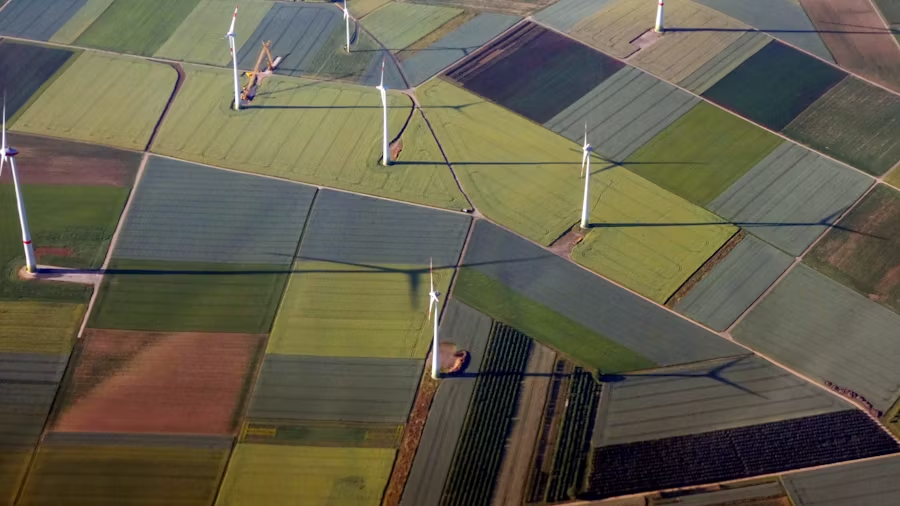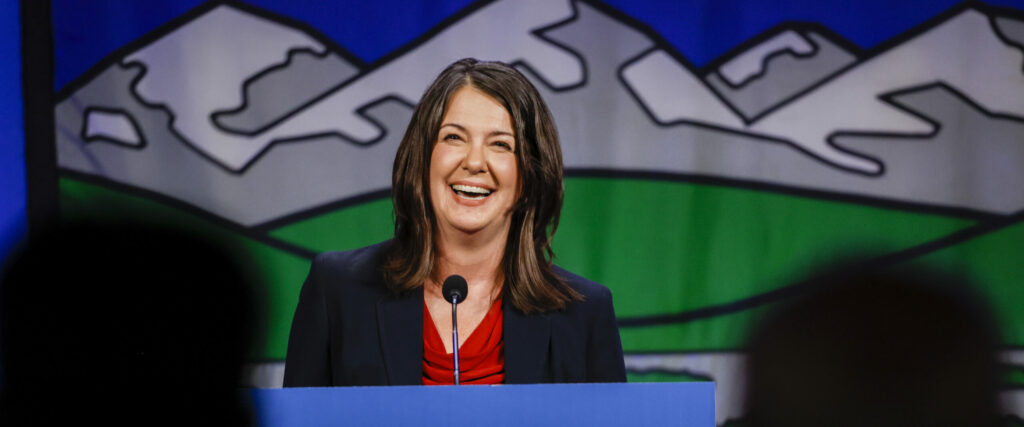Journalist Marjin Poels, whose iconoclastic film on climate change, "The Uncertainty has Settled" caused a great stir in Europe, recently posted a lengthy interview transcript with Princeton physicist Freeman Dyson that ought to be widely read and shared. Dyson, one of the 20th century's greatest theoretical physicists, brought his talents to many applied areas including early efforts at climate measurement and modeling. His bottom line? Our understanding is very limited, but what we can actually measure indicates climate change is largely a net benefit for the world. He's dismissed as a heretic, of course, but he has a theory to explain that too.
Dyson draws a distinction between the largely conjectural effects of carbon dioxide on weather versus the well-understood effects on plant growth. CO2 is fertilizer that helps plants grow faster and use water more efficiently. He says flat out that reducing CO2
would be very harmful… besides producing growth of plants directly… it makes them more resistance to drought…. if the air outside is poorer in carbon dioxide then the plant will lose more water in order to breath. So in fact you are making the plant more susceptible to drought. And that’s the great killer of plants of course. So you are turning green lands into deserts by doing that.
As for CO2 as pollution, he does not mince words:
The word pollution of course implies it’s an immoral judgment but in fact the CO2 is good for us, good for the plants, good for the food. The CO2 is not a pollutant. It’s actually a fertilizer.
Increased growth and drought-tolerance is greening the deserts and helping feed millions. Meanwhile, in the places where warming is observed, it's not automatically known that CO2 is the cause, but in any case the locals seem to like it.
So why are views like his so unpopular? One reason is that “the media always love disasters. Disasters sell newspapers. They also sell television and good news does not…. The media is lazy, is very often wrong.” Another, far more serious, is built-in human tribalism.
To be with the herd, to be thinking the same thoughts as other people is built into our nature. So it’s still more important to belong to the tribe than it is to speak the truth…. scientists are not different from other people, we have our tribes also. This belief in global warming, it is a tribal loyalty which is very strong. It’s always difficult for the heretic to find people to believe what he is saying. But still heretics are also important and luckily they are not burned at the stake anymore.
Dyson is not against environmentalism. He endorses “the idea that we should preserve nature as much as we can, preserve rare species and preserve forests.” But “the idea that we can stop climate change is absurd. We don’t know enough even to really imagine how to do that.”
This warning is highly pertinent given the arrogance of many alarmists, which by now extends past knowing exactly what will happen in 50 years to knowing what the optimum temperature is and how we can use “geoengineering” to reach it. According to the New York Times “Climate Fwd.” for March 13 (2nd item)
geoengineering has plenty of critics, and one of the main arguments against it is that it may have unintended consequences. Sure, these critics say, temperatures may be lowered worldwide, but the approach may have other, vastly unequal effects — drought in lands of plenty, perhaps, or fierce storms in areas that are normally untouched by extreme weather. That could lead to political instability, among other repercussions. A new study by researchers at Harvard, the Massachusetts Institute of Technology and other institutions suggests that those fears, at least, might be put to rest. The research, published on Monday in Nature Climate Change, shows that a halfway approach — spreading enough chemicals to lower temperatures somewhat, but not to preindustrial levels — would leave no region worse off than any other when it comes to large storms and other impacts.
Contrast that arrogance, from a writer with a degree in architecture, with the humility of a great physicist like Dyson, who argues that the effect of CO2 on weather patterns is just too complex to figure out. And that the situation has been made worse by the intrusion of politics.
In the case of the climate of course there is plenty of uncertainty. The experts are well aware of that. So they are mostly interested in the many things we don’t understand and particularly the effects of carbon dioxide on the weather. These are very interesting scientific problems. Unfortunately the thing has become so political - it’s no longer science. So when you have strong political dogmas, then the methods of science don’t work anymore.
What's the lay person to do? Dyson advises to pay attention to what can be known by observation.
Generally speaking there are two kinds of information. There are observations and there are theories. So generally speaking you can believe the observations and you don’t have to believe the theories. That’s the most useful guide. The observations of the greening of the planet are very clear, the theories on climate are very confusing.
The whole interview is well worth a read.



An excellent interview of Freeman Dyson is presented here. It takes a high caliber scientist like Dyson to present the facts - unlike the incessant climate change alarmism spewed out by journalists.
I purchased ($1.00) the film "The Uncertainty has Settled" by Marjin Poels - very thought provoking.